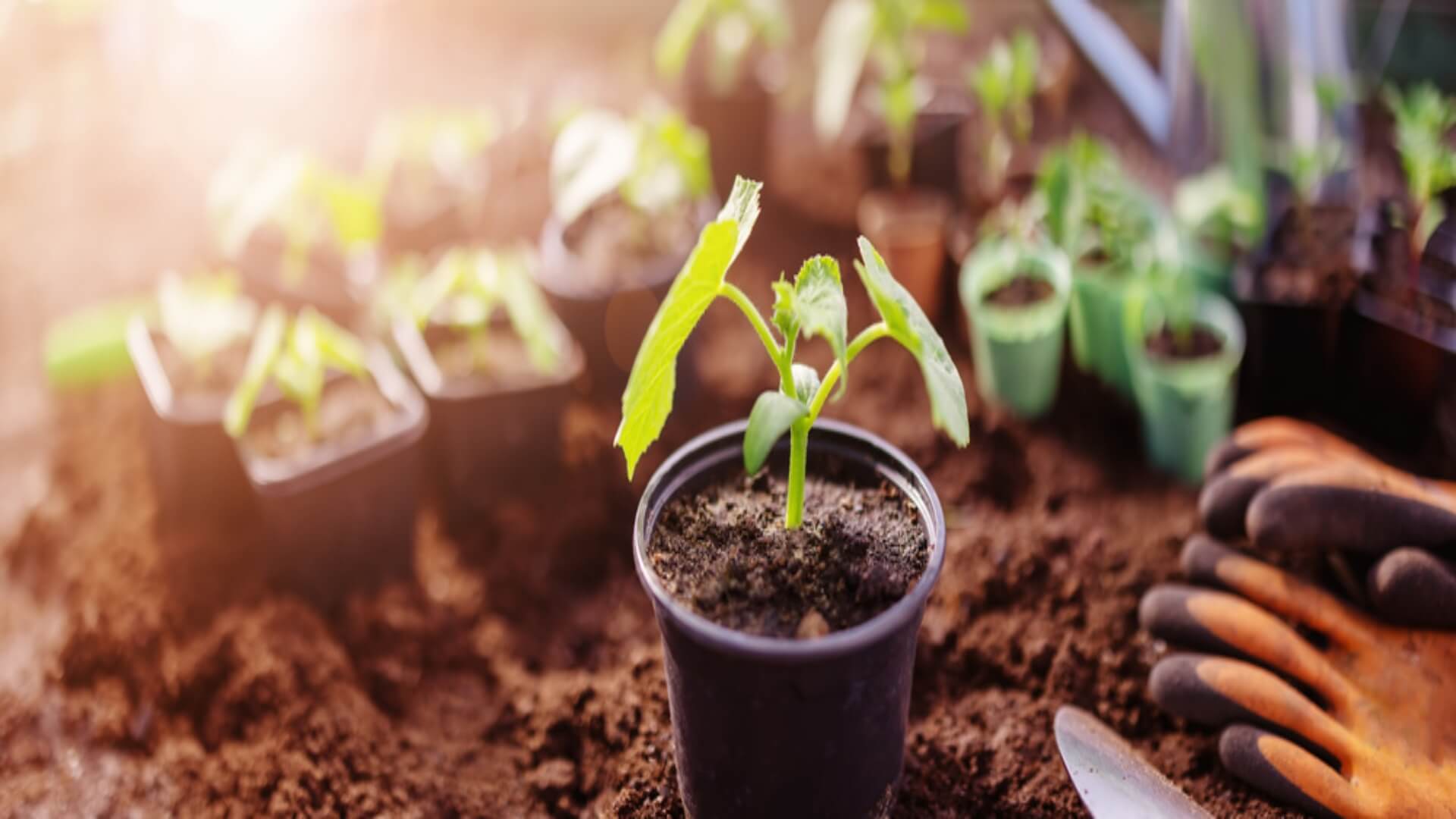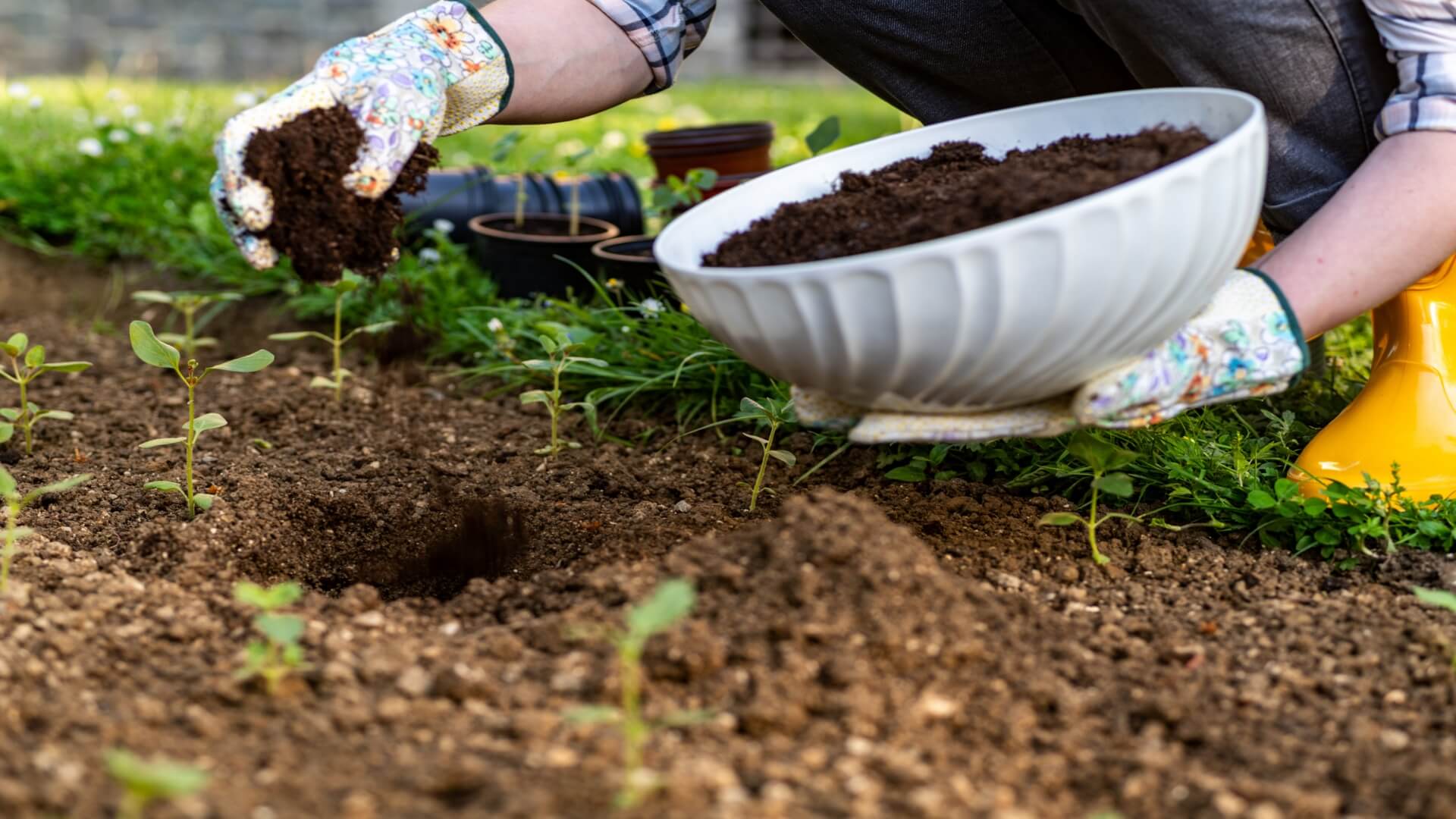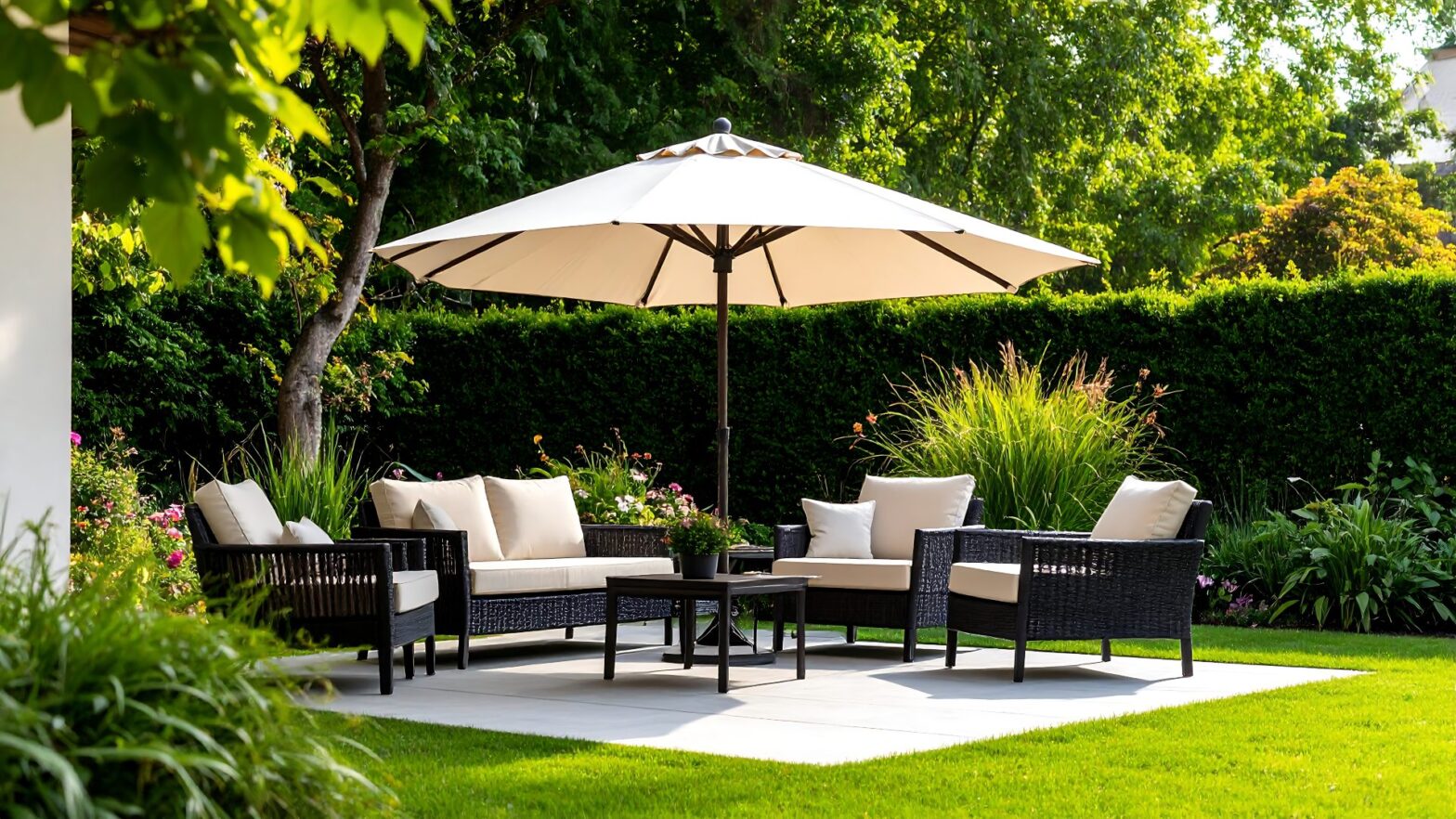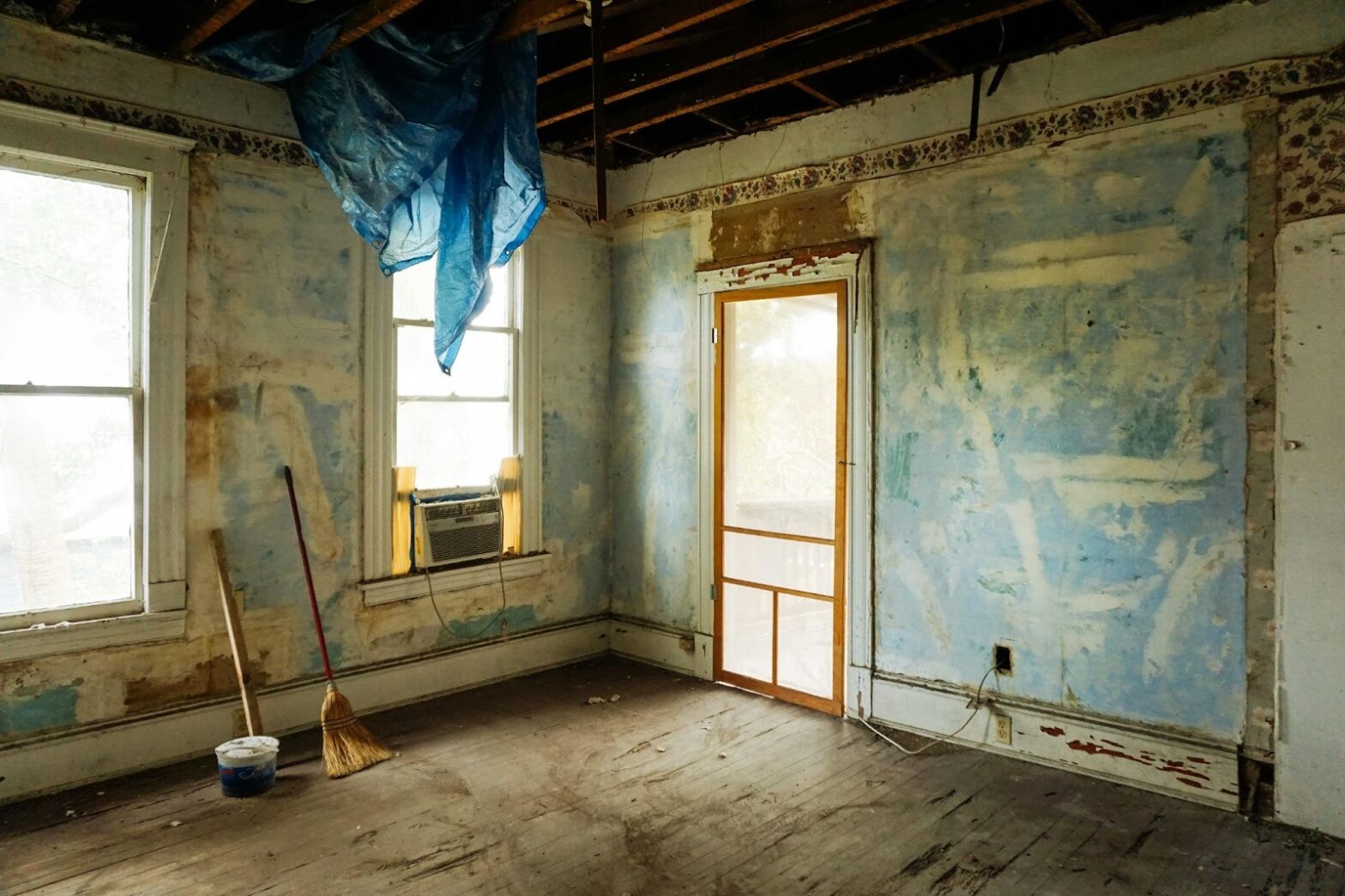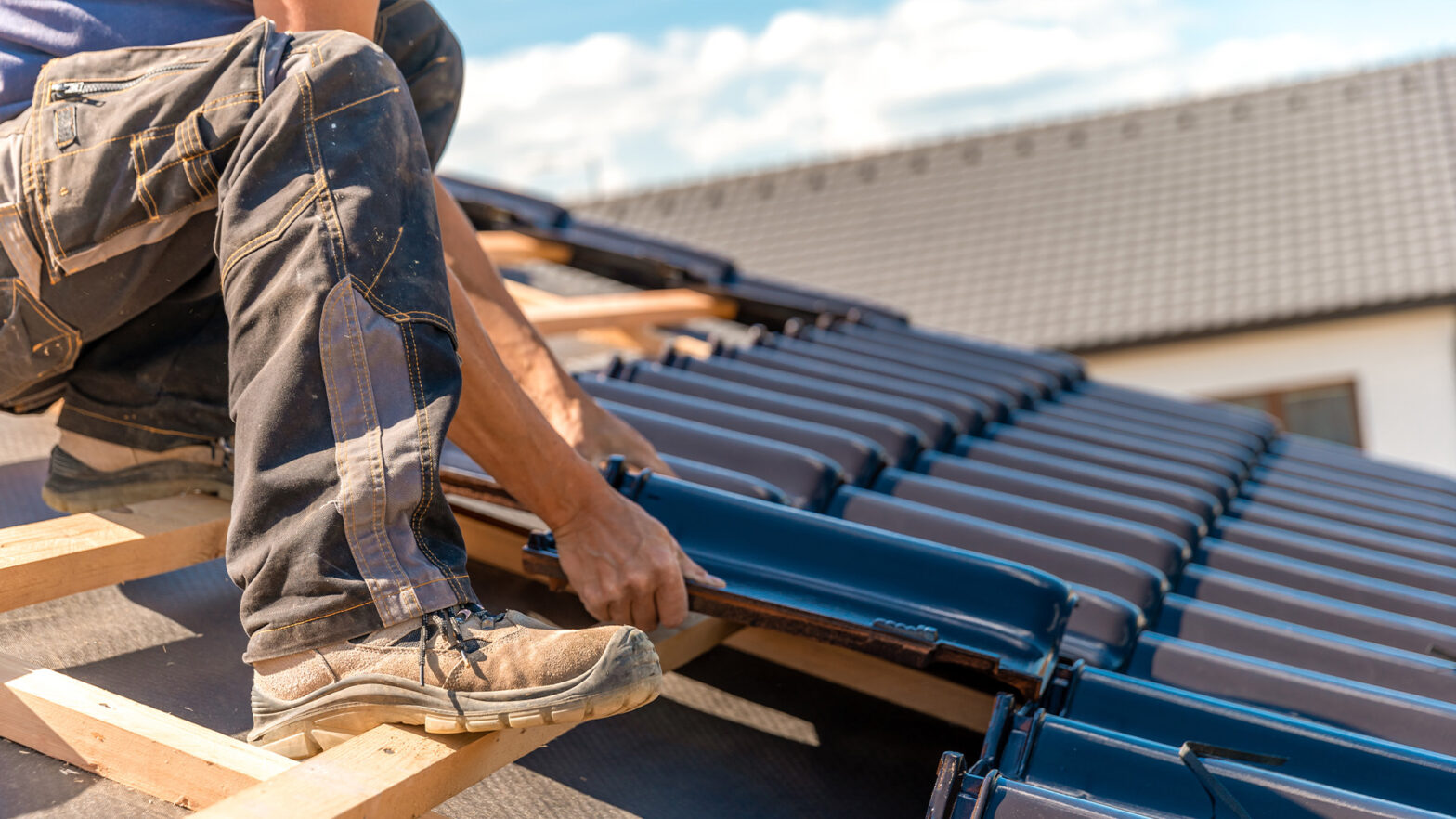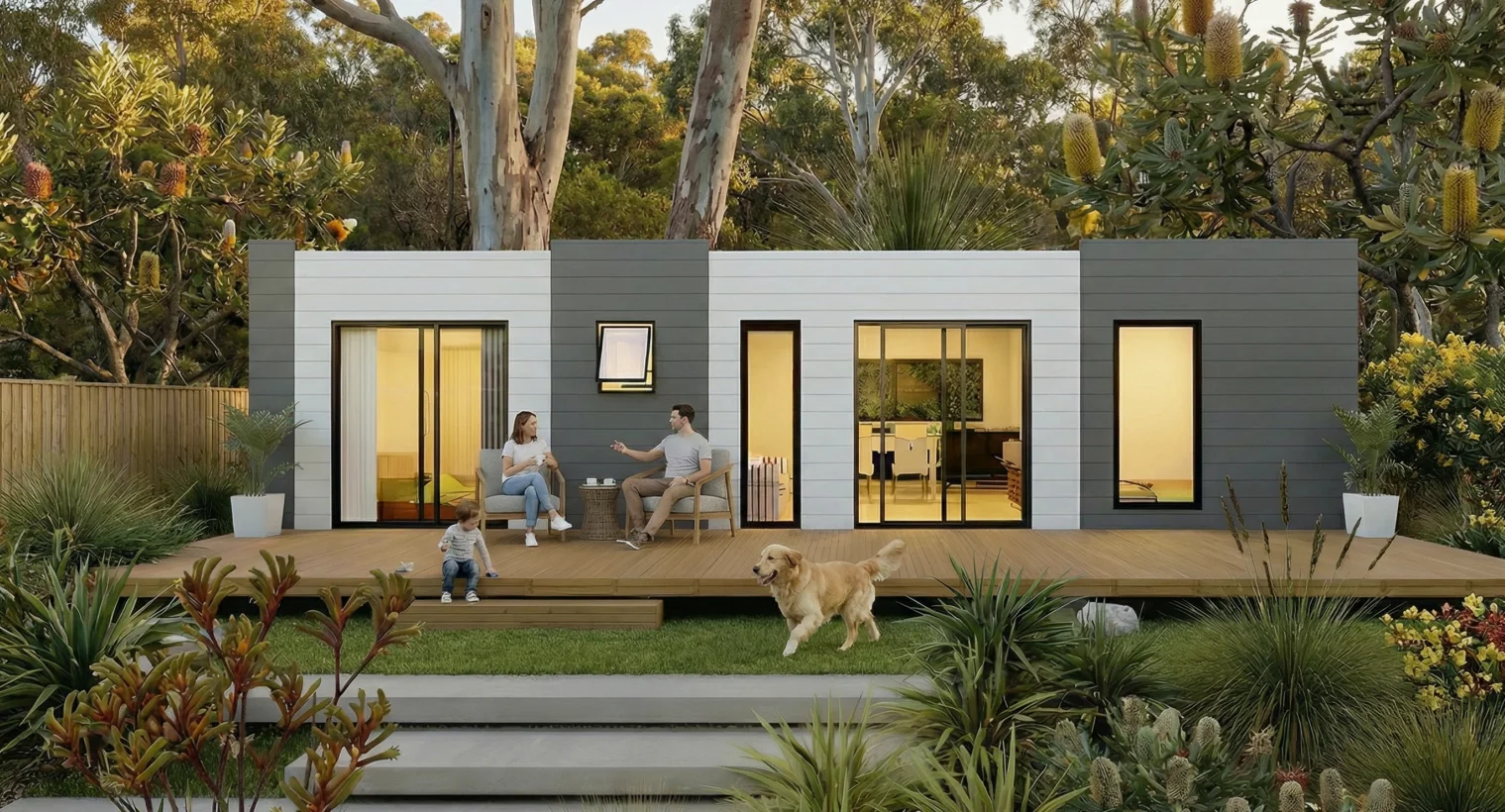Regardless of how technology has taken over most of society, you can’t deny the tranquillity only nature can provide. Considering how hectic life can be, even having a small area designed for peace and quiet at home could help improve your mental well-being.
However, envisioning a garden is wholly different from starting one. After all, deciding to level up any empty space you have by adding a garden may seem easy on paper. But once you’re about to do it, you might get stuck not knowing where you’re supposed to start.
Here’s how to kick off your gardening journey in 2023:
1. Choose What To Grow
Each plant species has specific needs that must be met consistently. Even though you’ve provided soil and water, that doesn’t guarantee your garden will survive for the long term. In spite of how eager you are to start gardening, decide on what plants you want to take care of.
Do you want to grow your own meals from scratch? Or are you only interested in beautifying your home? Whichever the case, you must be aware of their differences. Going in blind might leave you unable to grow anything properly, which can easily spiral into a stressful endeavour instead of a relaxing one.
2. Find The Right Location
Ensure your plants’ needs are met when finding a place for them. Ensure the garden receives plenty of sunlight while positioned near a water source. Granted, having a nearby water source isn’t much of a priority compared with sunlight, as it’s only for convenience. However, it doesn’t hurt to be efficient when gardening.
Determine if the location you’ve chosen is secured. After all, you don’t want your pets or kids destroying all of your hard work. Aside from that, ensure that your property is protected from wildlife.
3. Know Your Soil
While choosing the right location plays a significant role in your garden’s lifespan, investing in high-quality soil can also impact plant growth, especially for those who want to raise plants from seeds. Ensure that your soil is well-drained and rich in nutrients. Improve its quality even further by adding compost or a layer of mulch installed by a mulch mulch supplier with a blower truck. . After all, your garden’s well-being relies on soil the most.
4. Invest In Gardening Tools
Invest in gardening tools to make your work much easier to do. However, ordering everything you see used for gardening isn’t as effective as you’d think it is. Not only do they cost a lot, but they’re also likely to go to waste, depending on what kind of garden you want.
Tending to small nurseries usually requires a trowel, soil, and some plots for where you’re planting your sprouts. Container gardens may not take up too much space as they consist of potted plants; all you need to add are containers or pots. For bigger gardens such as raised beds, you’ll need a hoe for digging added to your equipment. Heavy-duty equipment like a rototiller isn’t a priority, especially for those looking for a workout as they garden.
5. Consider Your Interest
While no one can deny how refreshing it is to work with nature, not everyone has the same reason they started gardening. Some may see it as nothing more than a hobby, others might consider it a food source, and the rest probably view it as an investment to boost property value. With many reasons for gardening, start thinking ahead before diving into gardening.
Ask yourself why you want to garden in the first place. The effort you put in will depend on this.
How much time are you willing to pour into gardening? Once you can answer these questions,
only then can you do what’s necessary to start your garden.
6. Do Your Research
Gardening isn’t always a straight path. After all, nurturing your plants to thrive more involves countless trials and errors. Even though you’ve done everything written in a guide, other factors you least expected might affect your plants’ condition. Because of many variables to be considered, gardening involves continuous research, especially for those planning to invest their time in it.
Takeaway
Adding a garden to your property is a pocket of peace you might be looking for. However, not everyone has a natural green thumb. You might end up killing your plants before they can even grow properly if you don’t know what you’re doing. Fortunately, there are ways you can get settled into gardening as seen in the tips above.
